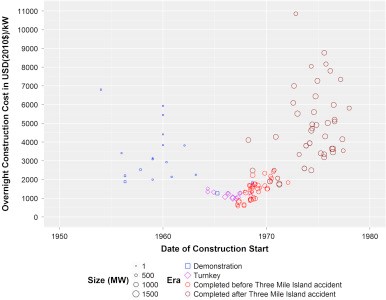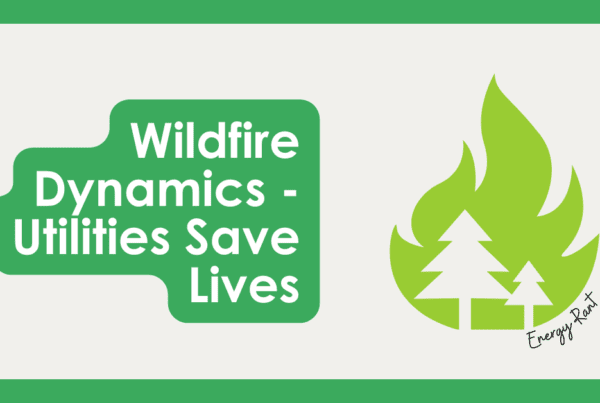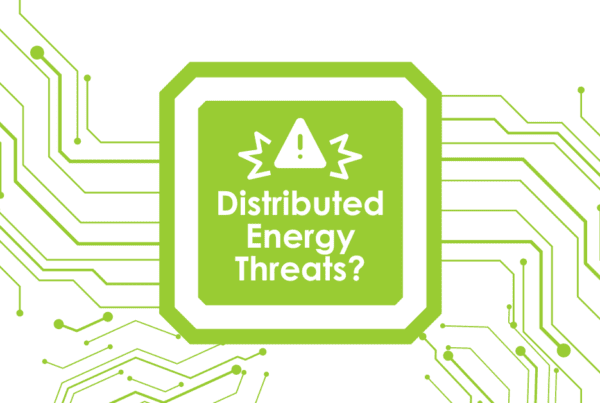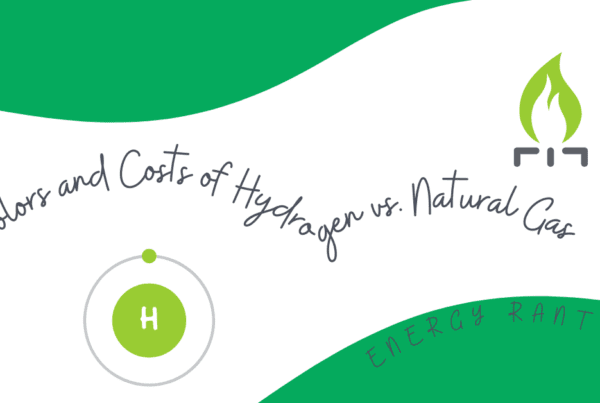
Author’s Note: Mike Frischmann here. I’m doing my best Jeff Ihnen impression and filling in for the Rant this week. Your regular dose of Jeff will return next week.
Nuclear power plants have fallen on hard times. There has been a dearth of new builds in this country for decades. The DOE, at the request of the nuclear and coal industries, is pushing to throw nuclear generators a lifeline for pricing preferences. Most of the recent plant construction cancellations discussed in the news are nuke plants. And there’s, of course, the global scale mess of the Vogtle plant in Georgia involving multinational companies, governments, bankruptcies, and all the aspects of a good international thriller movie. Probably besides the happy ending, unfortunately.
Recent events are piling on top of the already poor reputation nuclear power has for being expensive, unsafe, and unprofitable. The main driver for all of the money-related problems, from my seat, is the enormous amount of capital needed to build one of these plants. But when has expensive generation ever been an issue for green power sources? (pssst: it’s not if it starts with “w” and end in “ind and solar”).
Expensive slumber parties
Overnight[1] costs for new plant construction include all of the actual construction costs for people and materials. It also includes all of the permitting, engineering and regulatory approval costs. Building a nuclear plant has shown price inflation rates that rival college tuition. During the buildout of the 1960s and 70s, overnight costs for nuclear plants were as low as $500/kW. However, thanks to increased regulations and design considerations after the Three Mile Island incident, costs exploded (too soon?). Whenever I see research comparing generation costs, it is somewhere around $8,000/kW for nuclear power. A 16x increase. Holy smokes!
I dislike nuclear meltdowns as much as the next guy. To the contrary, nuclear plants are incredibly safe and reliable. The US Navy has accumulated over 6,200 reactor-years of accident-free experience involving 526 nuclear reactor cores over the course of 240 million kilometres, without a single radiological incident, over a period of more than 50 years[2]. Wow! Increased scrutiny and design practices are a natural progression of any technology after a major setback. Just like what the National Transportation Safety Board (NTSB) does after plane crashes. I am not an airplane safety guru, but I can tell you that these sorts of interventions did not raise the price of 737s by 1600%. They have also made flying safer than driving. Nuclear power fits the same bill, being the safest form of generation around.
Side bar. The total cost of a 1,500 MW nuclear plant, using $8,000/kW, would be $12 billion. That’s assuming it stayed on budget. There aren’t many companies with that kind of access to capital on favorable terms. Some utilities are big enough, but now we’re talking major corporations like Apple or Google. I call the trademark on iNuke!
Price pandemic
The United States is not the only country with high nuclear plant costs, either. Many of the developed countries have seen a similar escalation in nuclear plant prices over time. While digging to find out just how much, I came across this nearby chart from the World Nuclear Association[3]. The figure shows the total levelized cost of electricity (LCOE) for different generation types in four developed countries with sizable nuclear fleets. This would be the U.S. peer group for nuclear power generators across the globe. System costs in this figure are external costs, such as distribution and transmission, that are necessary for projects and usually paid by ratepayers.
Examining the costs across generation technologies actually shows some interesting results for a variety of generation types. France doesn’t/won’t build any coal generation. I didn’t know that. I knew that they were very nuclear heavy, but didn’t realize they don’t do the coal thing at all. Solar and wind are cheaper here (U.S.) compared to other places. A tip of the hat to our ingenuity. Access to Uncle Sam’s pocketbook doesn’t hurt renewables either. Gas generation in the U.S. is significantly cheaper than everywhere else in the world. Many readers of this blog will know that’s because we have natural gas coming out our ears, so it’s cheap. I have opinions about assuming gas prices will be low ad infinitum, but I’ll save those for a different day.
The big thing that stood out to me regarding nuclear costs was South Korea. How did they figure out how to keep nuclear costs to about half of everyone else? A lot of it must come from reduced build costs. Other costs, such as fuel, materials, and labor, are comparable between developed countries on a general basis. The Korean plant builders and governments have gotten closest to balancing the cost and safety of nuclear plants. To my knowledge, there have not been any significant South Korean nuclear accidents either. That tells me we don’t have to settle for the current mantra that nuclear plants are too expensive. We just need some critical thinking about our building practices, and we need to bring regulatory requirements in line with those goals.
Is the cost worth it?
Regardless of if the construction costs in the U.S. can come down, the serious question to ask is, “What cost is acceptable?” Not all generation technologies will be cheap, especially if decarbonization in any near time frame is the goal. Nuclear power provides significant reliability benefits (see Reverse Diversification) while also reducing carbon emissions. Is the added cost of carbon-free, reliable generation worth it to you? Considering the alternatives, I’ll take it.
[1] Overnight cost is a popular method of describing power plant build cost. Overnight costs don’t take into account interest payments, as if the project was completed overnight.
[3] http://www.world-nuclear.org/information-library/economic-aspects/economics-of-nuclear-power.aspx






